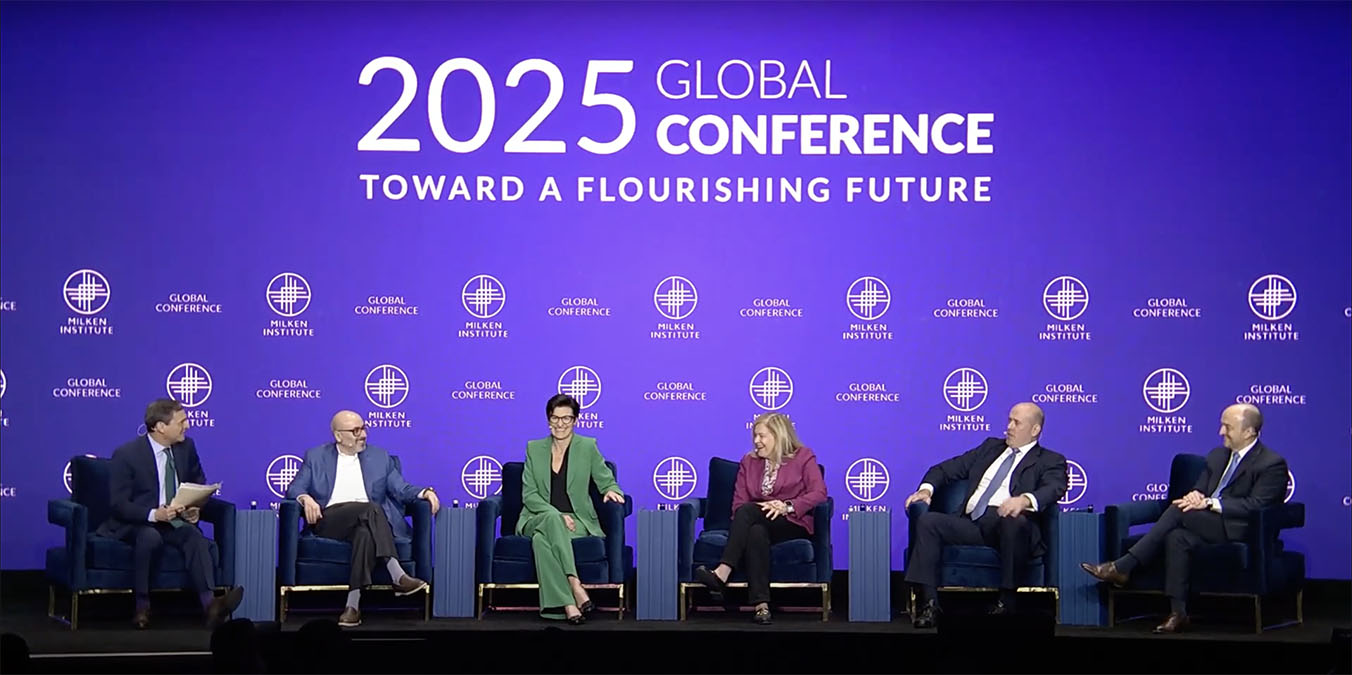
Everything about the Milken Institute’s Global Conference, which took place over three days this week at The Beverly Hilton Hotel, smacks of importance.
Start with the theme: “Toward a flourishing future.”
Look at two numbers: about 1,000 speakers at some 200 sessions.
And some of the topics:
“The State of the Global Economy”
“Catalyzing the Next Era of Health”
“Strengthening Communities: Corporate Philanthropy, Social Capital and Resilience”
“Powering the Future: Energy Transition to Energy Addition”
“Shaping the Future of Finance”
“Opportunities in Global Real Estate”
“Corporate Boards in the Digital Age: Governance and Growth”
“Revitalization Nation: De-risking Israel’s Post-War Recovery”
Drop any average Americans who enjoy reality television into this cathedral of capitalism and they’re likely to find themselves in an alternate reality.
The Conference is a kind of American Davos, a summit where important people gather to deal with the most important things to move the planet forward.
Once you pass security and enter this human beehive, you find yourself among hundreds of buzzing attendees whose eyes dart from their smart phones to badges that identify names and positions of people they might want to meet.
The worst-kept secret of such conferences is that they’re very much about “people you might want to meet.”
And why not? Since the beginning of time, the success of our species has revolved around its ability to gather, engage, trade and cooperate with other humans for a collective benefit. Of course, those encounters have also led to wars and terrible destruction, but all in all, the cooperation model has kept humanity ticking.
The Milken Conference takes that cooperative model to the next level. If our ancestors cooperated to benefit their little villages, this Conference aims to benefit the global village.
Human nature being what it is, the aspiration to help the world is never too far from the aspiration to help one’s own world. Indeed, if the Conference theme is “toward a flourishing future,” what is likely on the minds of many attendees is a coincident concern for their own individual futures.
Again, why not? If we’ve learned anything from the Western capitalist ethos, it is that personal and collective agendas need not be mutually exclusive.
That intersection between the personal and the collective is the heartbeat of the Conference. Let’s face it, if you’re going to make a bundle with a killer start-up, you feel a lot better about your success if you’re also helping “shape the future of finance” or strengthen “corporate philanthropy” or help “Israel’s post-war recovery.”
There were two distinct elephants in the room at this year’s conference. Actually, given that these elephants were barely hidden, it’d be more accurate to call them two different buzzes.
The first “buzz” came from the stunning disruption caused by President Trump’s aggressive and unpredictable moves regarding trade and tariffs and the global economy. If there’s one thing that annoys captains of industry, it is uncertainty. And in Trump, they have a leader of the free world who seems to thrive on the very drama of uncertainty.
One could sense some anxiety at the Conference triggered by this uncertainty. That was offset, however, by a kind of reflexive optimism one feels when surrounded by a multitude of people who want to do great things.
On the second day, I overheard an interesting comment in the Press Room from a British journalist. He said one of the speakers sensed a mood shift from the first to the second day. According to the speaker, there was more anxious talk of economic disruptions on the first day and more talk of possibilities on the second. I can’t verify that, but it makes sense. The more time you spend with people who think big and want to shape the future, the more you can transcendent disruptions and see possibilities.
The second buzz had nothing to do with the disruptor-in-chief in the White House. This buzz is on the lips of virtually everyone I bump into these days: Artificial Intelligence, that overwhelming and bewildering force that is looming over everyone and everything.
It’s hard to overstate the effect of this technology and the countless areas that are being and will be impacted. What makes AI both exciting and nerve-wracking is its power to lead us into very different directions– either very bad or very good or, more likely, an anxiety-ridden combination of both. As the technology continues its astonishing growth, I wouldn’t be surprised if future Milken Conferences will invest major human capital to address where AI is taking us– specifically, how we might shape its evolution so it leads to a “flourishing” future rather than a dehumanizing and diminishing one.
Disruption or no disruption, for me the Conference came down to a simple idea that has been dear to my heart from the moment I moved to this country in the early 1980s. Since my days growing up in Casablanca, Morocco, I’ve always had this innocent vision of America as the place everyone dreams of entering. Despite its many flaws, despite the economic hardships, despite the failures of our leaders and divisions in our society, I’ve held on stubbornly to the promise and founding ideals articulated in Martin Luther King’s “I Have a Dream” speech.
That’s why the one place at the Conference that gave me the biggest buzz was a humble kiosk nestled in a little corner not far from the Press room. A simple banner carried these weighty words: “Find yourself in the American dream.”
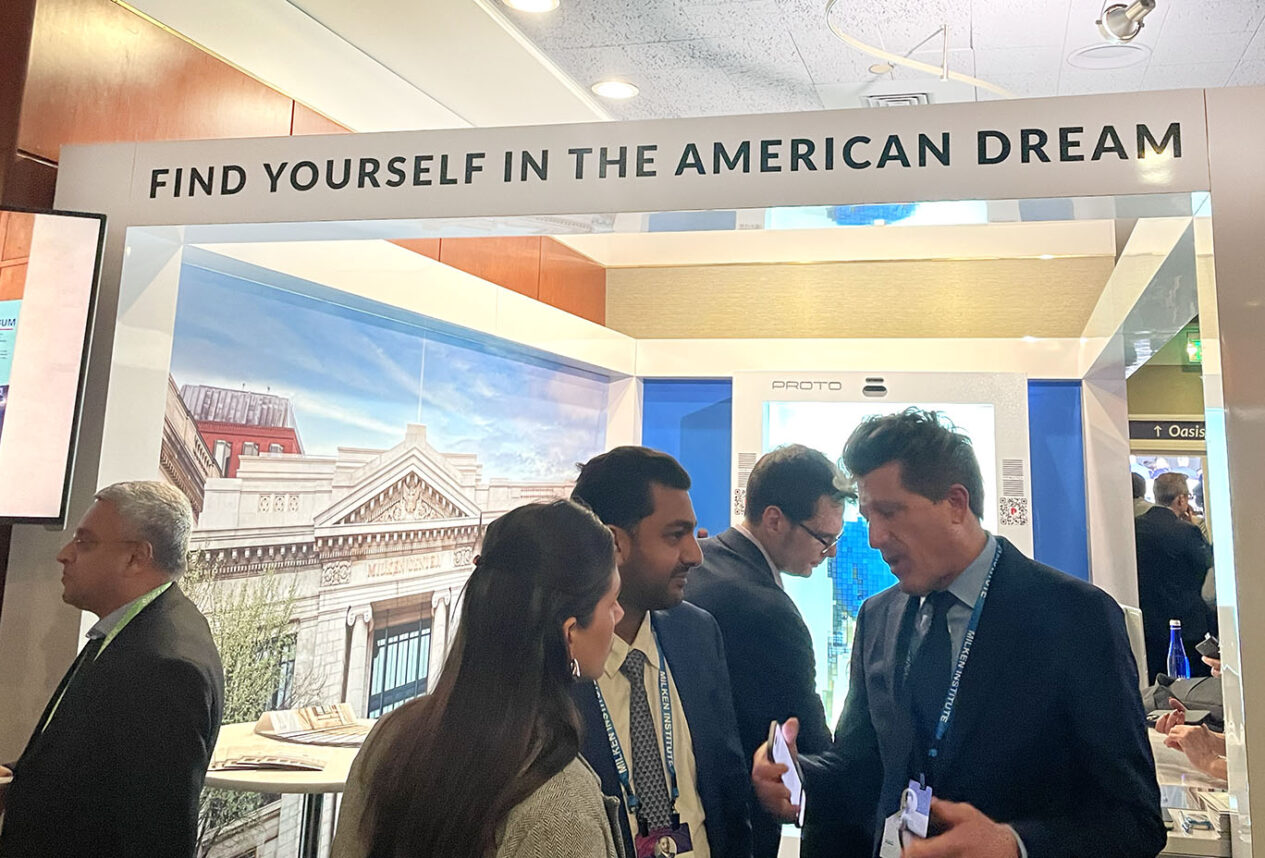
That one idea told me more about the Conference than anything else. The 1,000 speakers, the 200 sessions, the multitudes gathered to shape a better future were all there, in one way or another, to find their dreams.
It’s fitting that the kiosk was promoting the Milken Center for Advancing the American Dream, an initiative envisioned by Michael Milken “dedicated to expanding access to opportunity for all.” As it says on the pamphlet they handed out, the Center, which is located across from the White House and is set to open this summer, will “invite people from all walks of life to explore bold ideas, gain practical insight, and engage in dialogue that can bridge divides and inspire action.”
I’m guessing that if you drop any ordinary Americans who aren’t likely to attend a global conference into this Center of dreams, they’ll feel right at home.







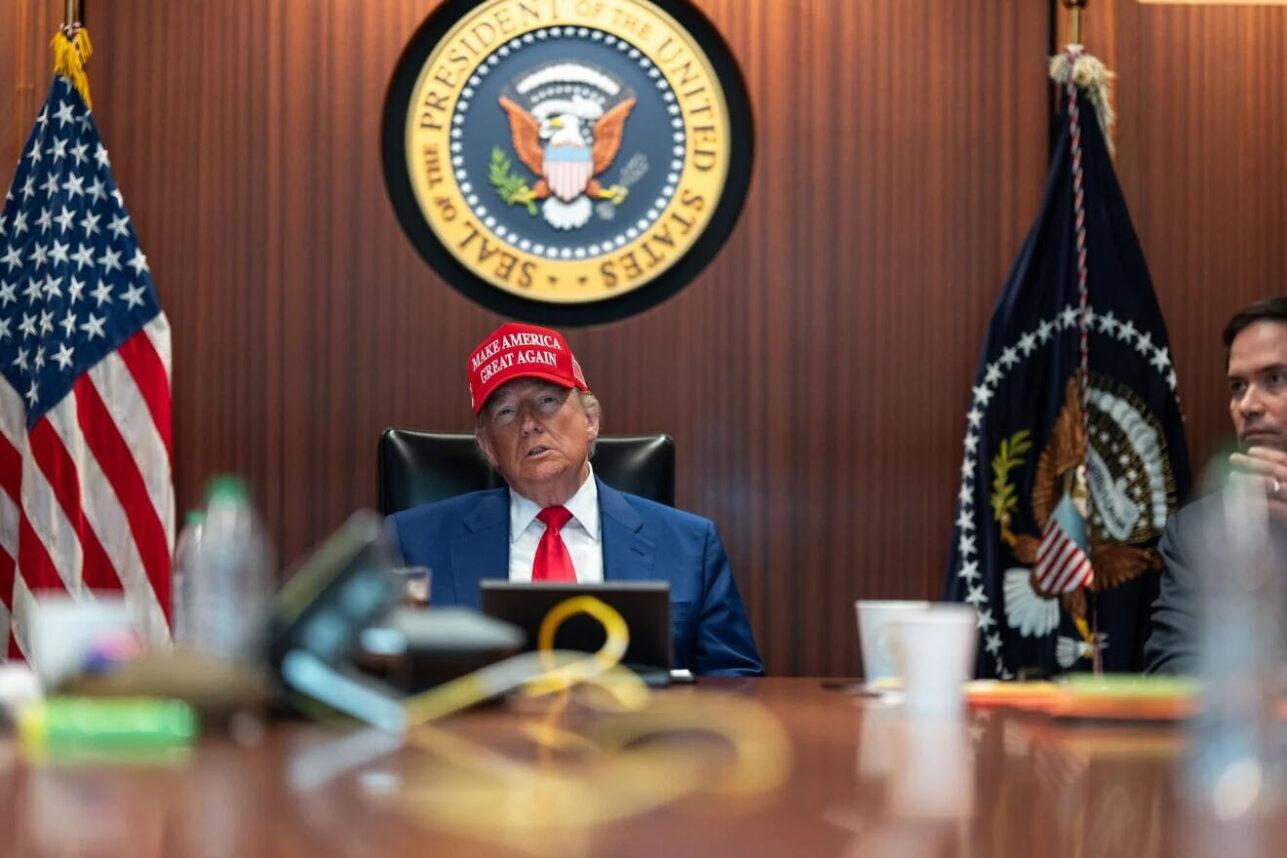
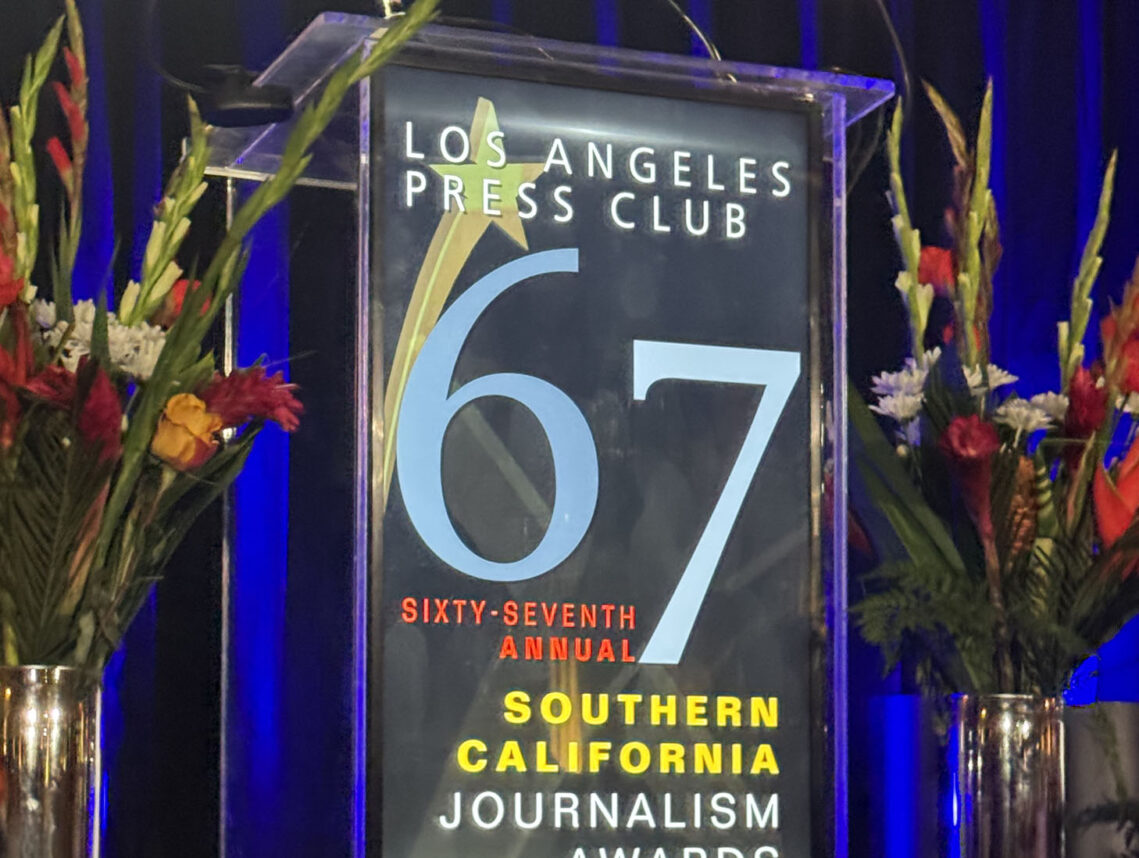
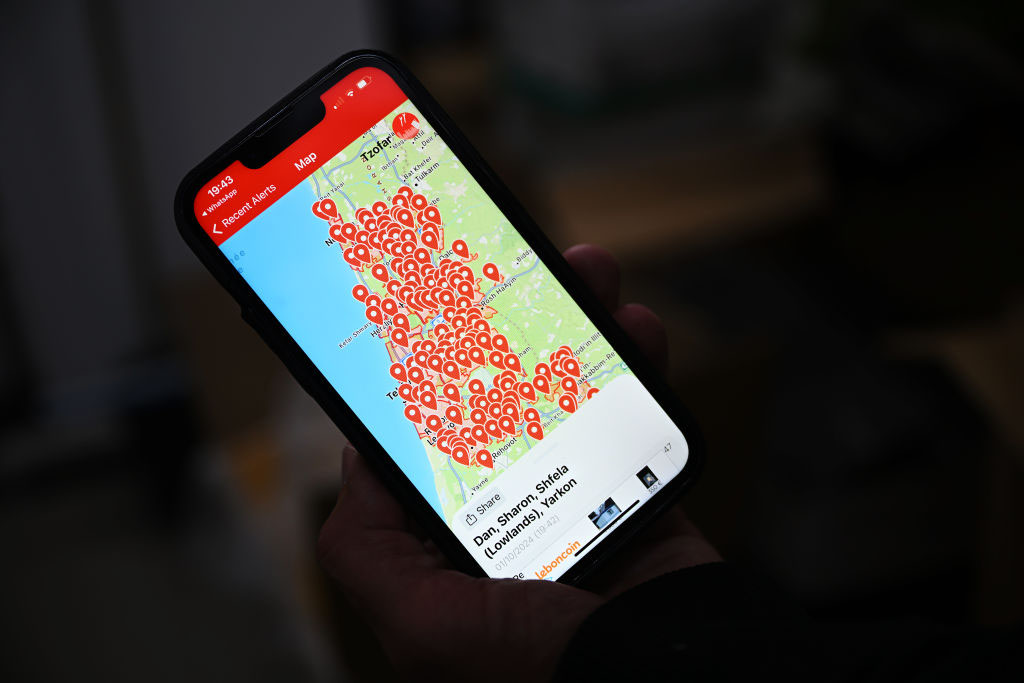
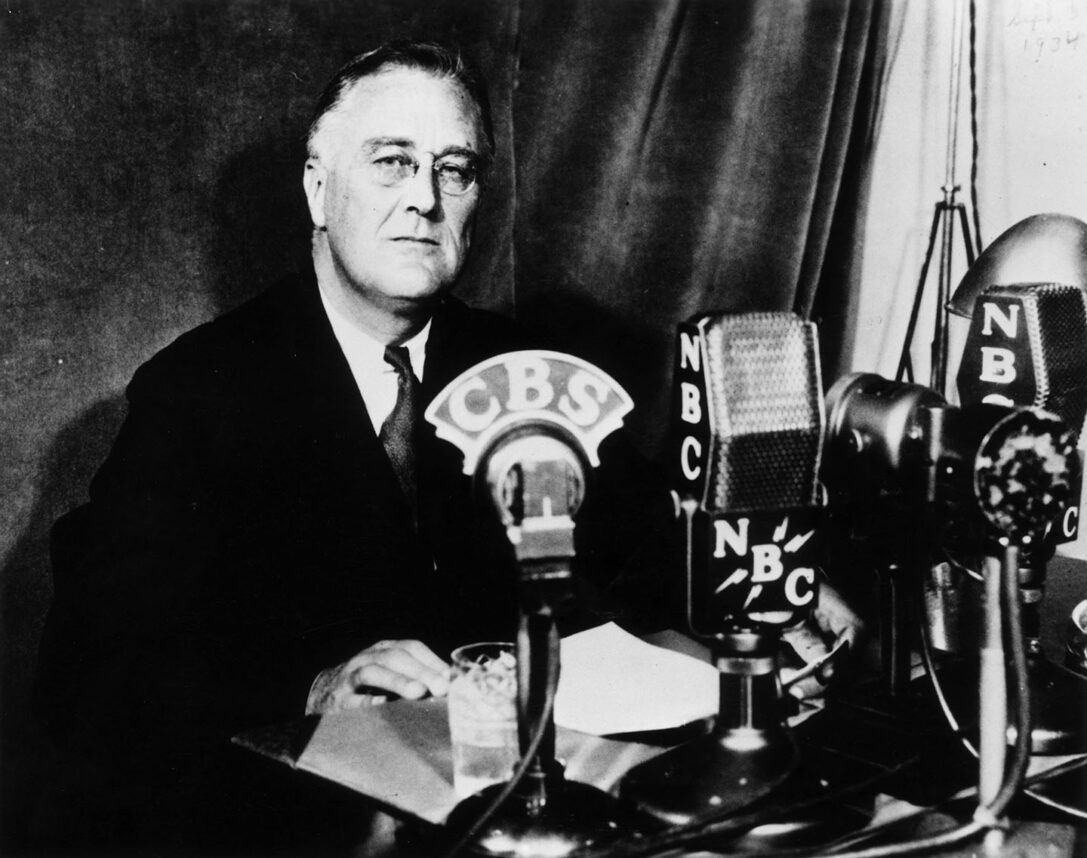
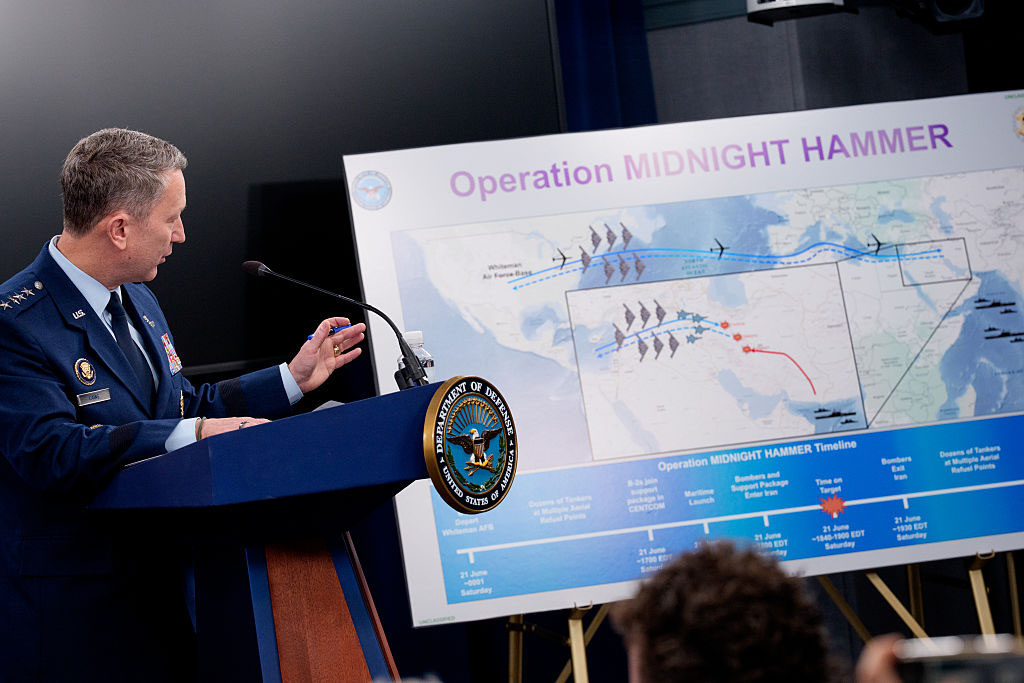
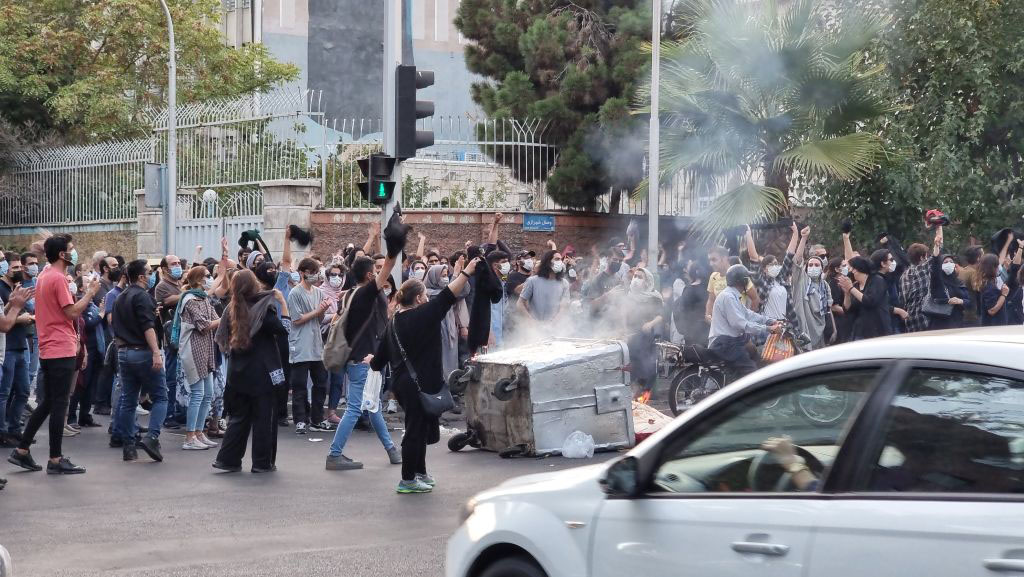
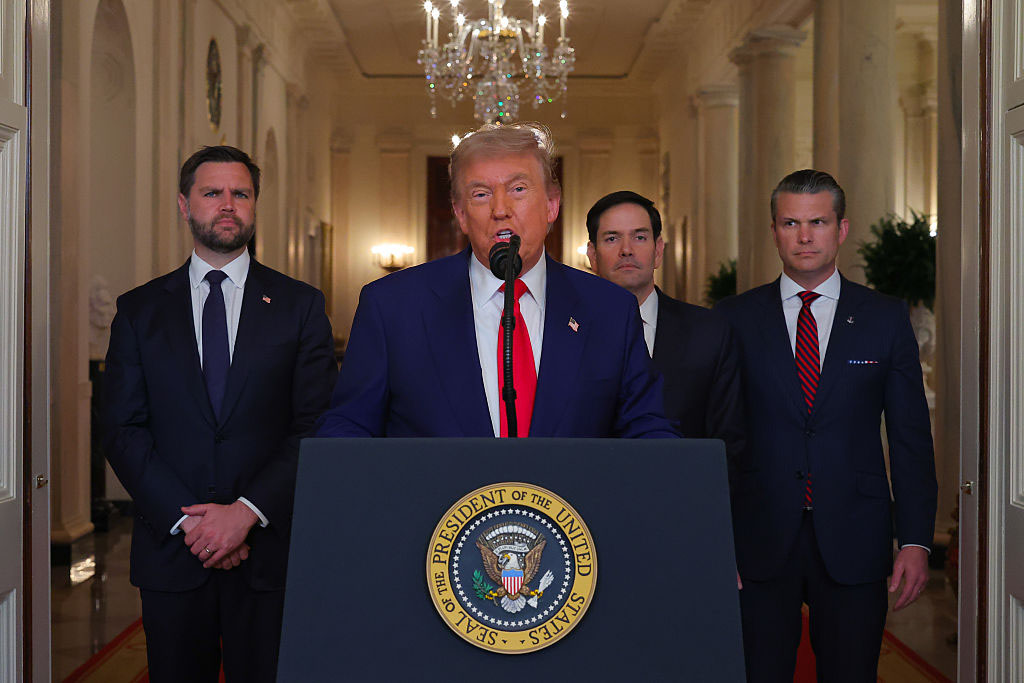
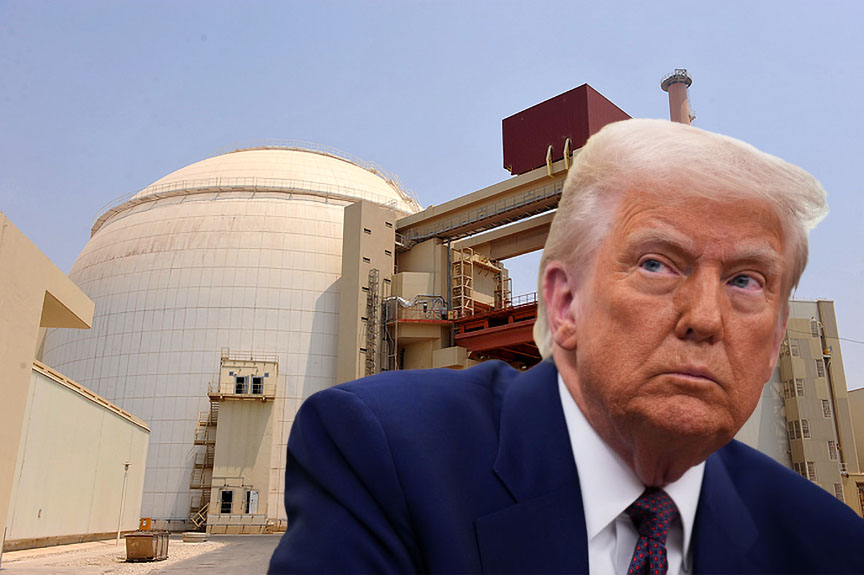

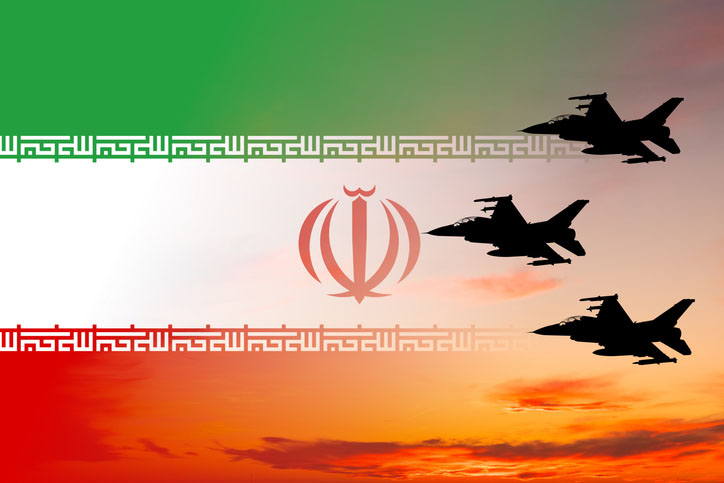




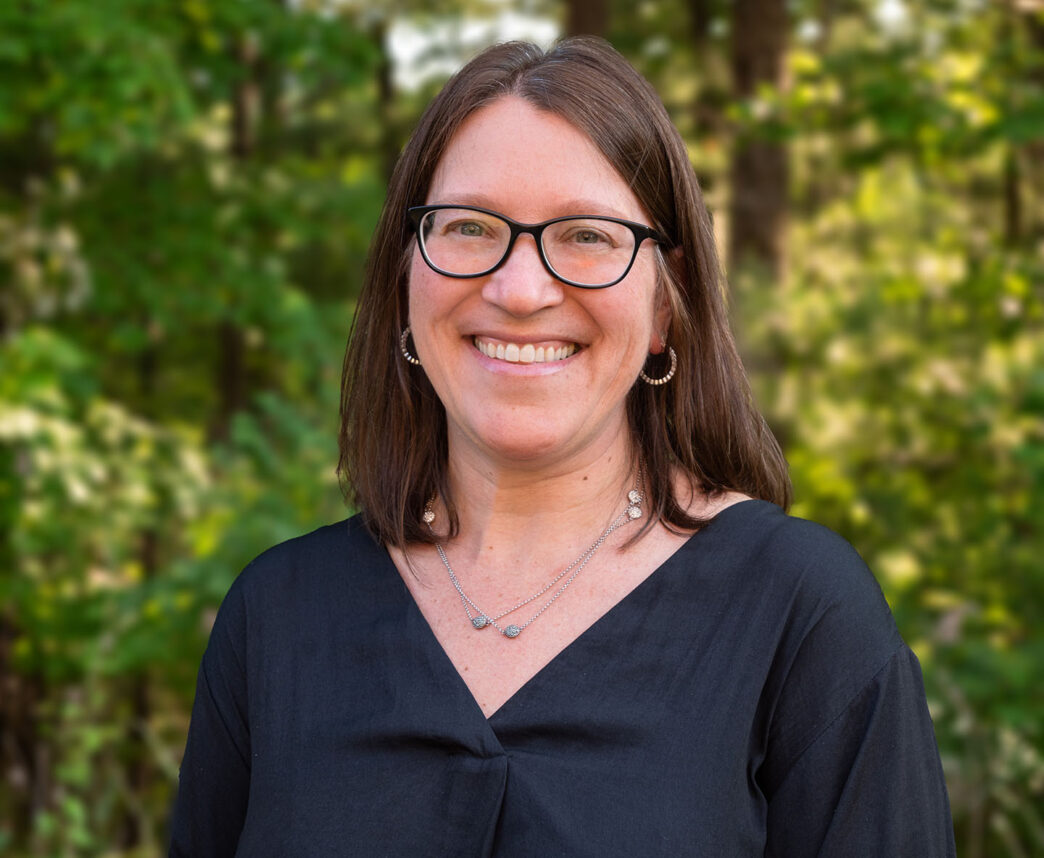
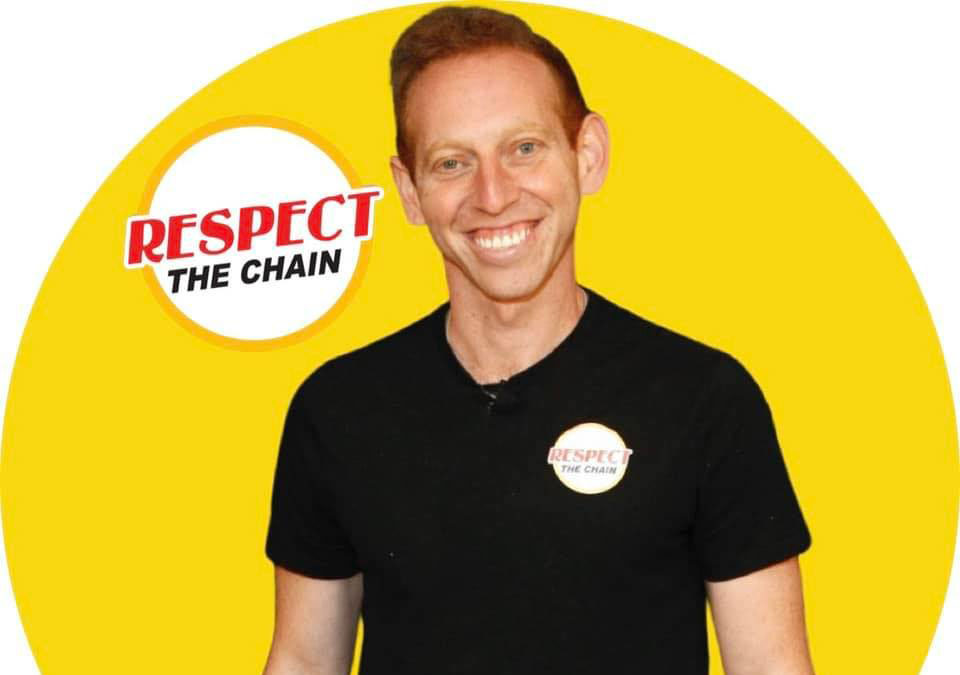

 More news and opinions than at a Shabbat dinner, right in your inbox.
More news and opinions than at a Shabbat dinner, right in your inbox.